News - Advertising
Good People: ‘We wanted the work to prove the naysayers wrong'
by Iain Akerman
March 13, 2017
.jpg) Advertisement
AdvertisementIt has been just over a year since the launch of the Middle East’s first ever directors’ collective and co-founder Ali Ali appears to be in good spirits.
In Athens on a shoot, he is in the early stages of preparing for a Dubai Lynx appearance (Good People has since been named production company of the year at the Dubai Lynx for the second time in a row) and has expansion and growth on his mind. Not something to be sniffed at in a challenging market.
Ali and his co-founders created Good People as a means to work with like-minded people in a like-minded environment. It was, in effect, a revolt against the establishment. At the time of its launch, Ali said he had spent the majority of his directing career in conflict with production houses. To him the industry had become old and tired and stuck in its ways. He hasn’t changed his mind much.
“We are still behind. We are focusing all our efforts on cutting costs rather than breaking norms and raising bars,” he says. “I see many potentially Cannes-winning ideas in this region go astray because they are not given the right attention, the right budget, the right post-production, the right time to prep. I have been shooting for Europe a lot this last year and the project life cycles there are much longer than ours. Each job is given the time and attention it deserves.
“We are constantly squeezing prep time and post time. Which in the long run proves to me more crucial than your actual shoot time. I think there needs to be a strong collective effort from all members of the industry in our region, to raise the bar and to do great work. There is absolutely no reason for Middle East commercials to be behind, or to not win gold at Cannes every year.”
Ali, of course, needs no real introduction. He is one of the region’s most awarded directors, with a D&AD yellow pencil for direction and a gold Lion at Cannes to his name. For him, the model supplied by the likes of MJZ and Stink – where directors are associated with specific production companies – is the answer to a flawed regional production industry. It is the model followed by Good People.
Has it worked?
“All things considered, I can honestly say we had a great first year,” replies Ali. “I read once – and no I don’t read business journals – that 90 per cent of start-ups fail in their first year. So the fact that we’re still around is in itself great news. A lot has happened since last year. For one, we’ve founded solid long-term relations with several agencies across the region, and we’ve found ourselves a great office space in Beirut and spent all our money fixing it up. We’re about to launch our Cairo office and hopefully Dubai by the end of the year. But most importantly, we started Good People to do great work. That was our one, single-minded mission for year one. And when I look back at our showreel today, I think we’ve achieved that.”
The idea of a director-based production house is new for the region and has not been without its challenges, not least the resistance from both agencies and fellow production houses. And yet Good People is in talks with Stink for representation and partnership in the Middle East and is looking to sign new directors, including Nadine Labaki. Despite her long retreat into feature films, Ali believes her be one of the smartest and strongest directors out there.
“As with any new idea, we faced resistance, but that’s not to say the idea is not correct,” he says. “For if it is the proven working model the world over, there is no reason why it shouldn’t work here. Agencies and agency producers are also still not quite used to the model, but I’m sure that with time this model will prove to be the way forward and other production houses will start to slowly but surely convert to this model. For without directors to guarantee and maintain a certain quality of work, a production house has no real standard or measure, and cannot claim to be a brand.”
The relationship between production houses, creative directors and film directors, of course, can be a fickle and testing one. Is it the responsibility of a director to re-work an agency’s original creative concept? If it is, won’t the end result bare no resemblance to the original idea? How much control should a director or a company such as Good People have over the creative idea? It’s an issue that Ali has faced in the past.
“Our motto is ‘we fix it, we shoot it’,” he replies. “We try to improve the work, but not change it. If the concept changes, creative directors would lose ownership, and that’s not our job as directors. Our job is to take the idea and make it better; give it the best execution it can possibly have. If it’s in a living room and it needs to be in a 1980s diner with an old bitchy waitress, that’s our job. In short, we push as far and as hard as we can without changing things.”
Ali’s partners include Maged Nassar, his long-time creative buddy, and Mohamed El Zayat, Tameem Younes and Argyris Papadimitropoulos. Together with producers Michel Abou Zeid and Cynthia Chammas they face the same challenges posed by the wider industry as other production houses.
“As an industry our biggest challenge is – and still remains to be – the bidding process, and the constant budget cutting,” he says. “Unfortunately we still find ourselves shooting projects for half their true budget, and we are constantly being forced to drop budgets in order to win a three-way bid – a model that was introduced by Procter & Gamble to shoot two mothers discussing detergent on a kitchen table. More often than not the work suffers. Just to give you an idea, we just shot du with Leo Burnett Dubai, which is our biggest film this year (written and directed by Maged and myself), on an extremely tight budget. Less than half the budget we had in 2014.”
He adds: “We have focused on the work. We wanted the work to prove the naysayers wrong. And there were many. Which made each job this year harder than any we’ve done before. For there is no better measure of a production house then the work they do.”


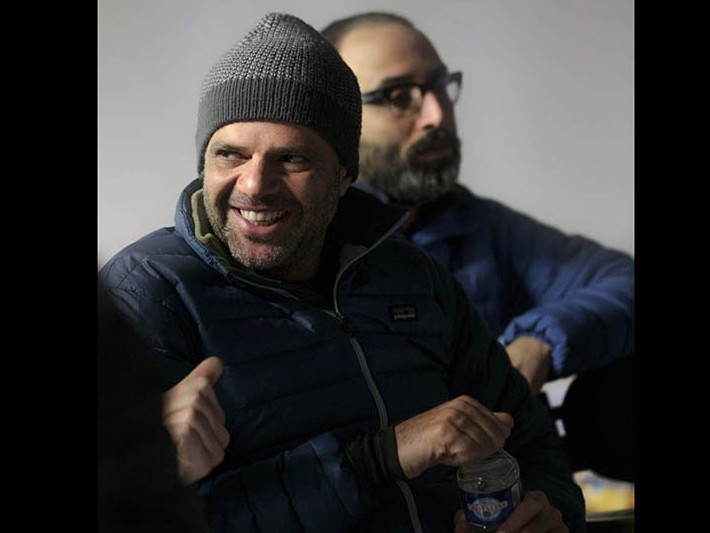

.jpg)
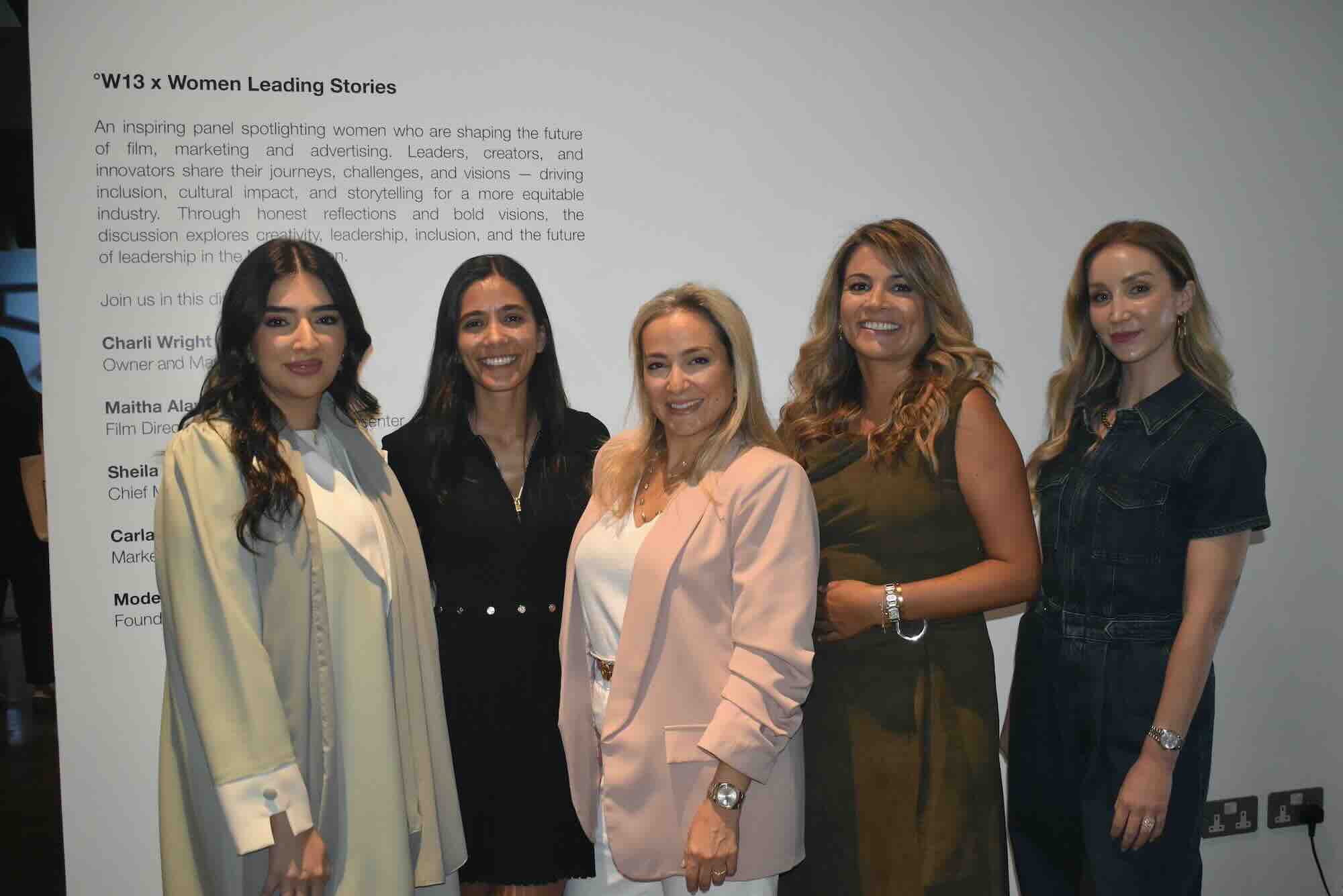
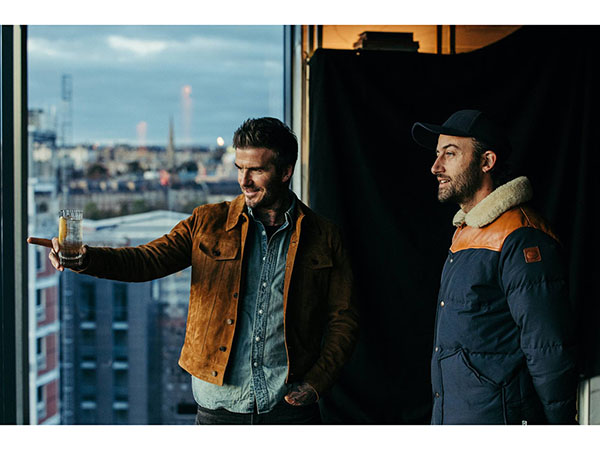
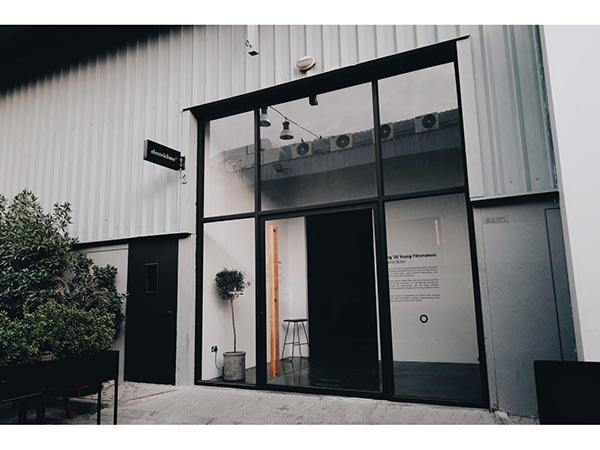

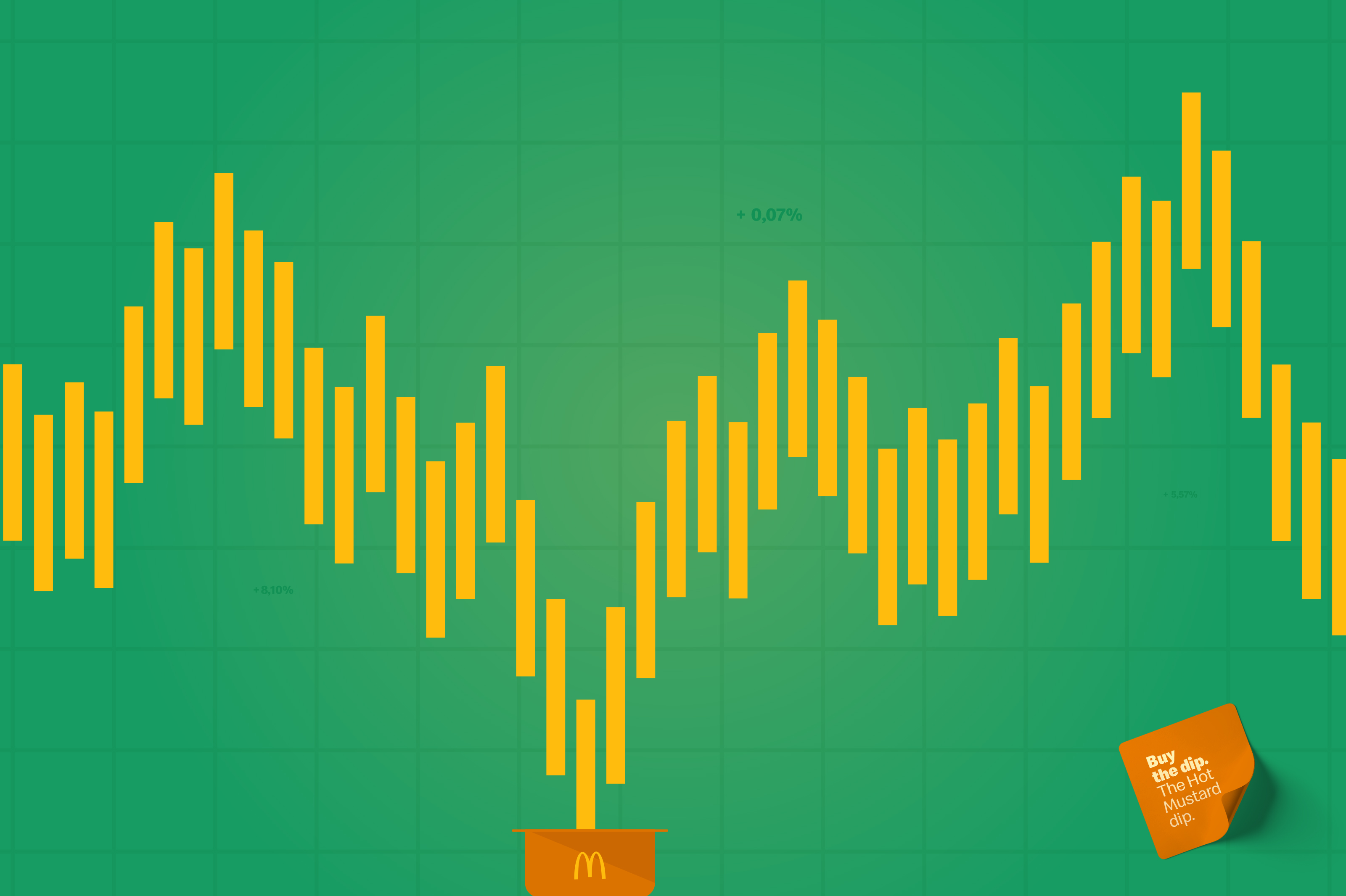
.jpg)




